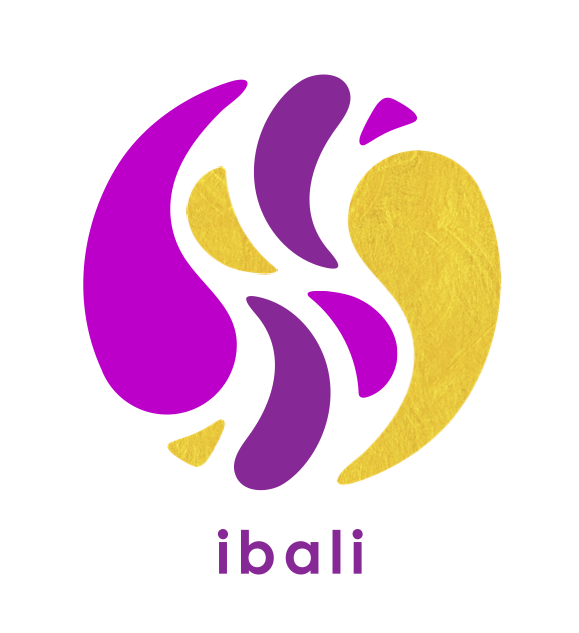Blogs
As a team, we engage with our peers and wider communities about storytelling, inclusion in education and more. In the blogs below, we explore these topics with others and we include a range of experts and informants who have helped gain further insight into our work.
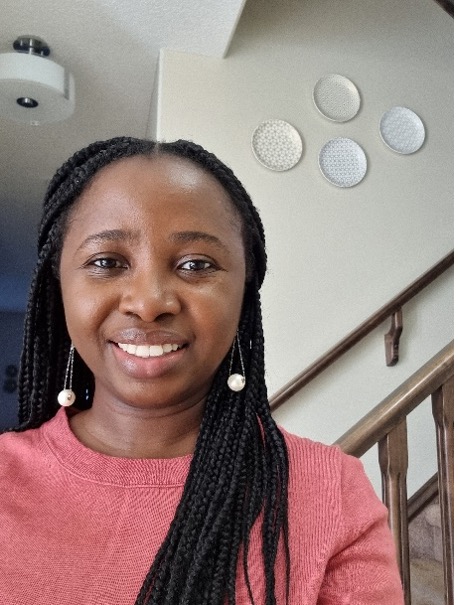
Navigating Chaos: A research trip tale
26 September 2024
Embarking on a research trip is always an adventure, but it can suddenly become a rollercoaster of challenges. Today, I'll tell you one of the many unheard stories in research planning, where things did not go as planned. It all started when one of the Ibali ethnographers – Katie had her passport stolen a few weeks before the trip, sending the Ibali team into a frenzy. This is how I joined Ibali – as a last-minute addition with a Nigerian passport and skills in qualitative methods.

“But here, we think in pictures first”: principles and practices for text-free storytelling workshops
13 June 2024
Storytelling is gaining popularity in research, as a tool for understanding how people make sense of their lives and experiences. Many storytelling research approaches rely on the development of written story-scripts. But what if the storytellers can’t, or would prefer not to, read and write?
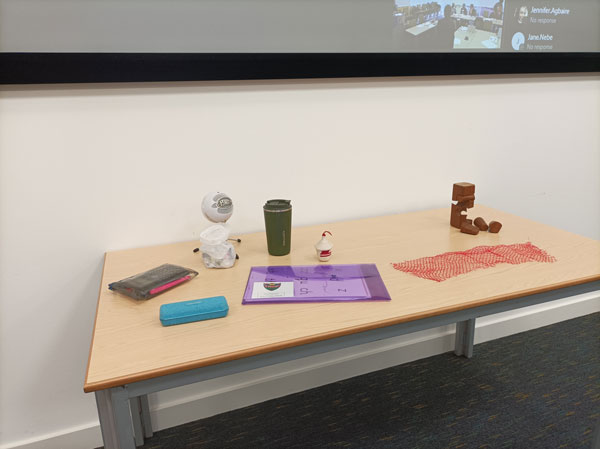
Beyond binaries: navigating inclusion/exclusion at the intersection of our personal and professional lives
15 May 2024
Inclusion is often discussed in the abstract: what it means for other people. But the duality of inclusion and exclusion defines all our individual and communal existences, consciously, sub-consciously and pervasively.
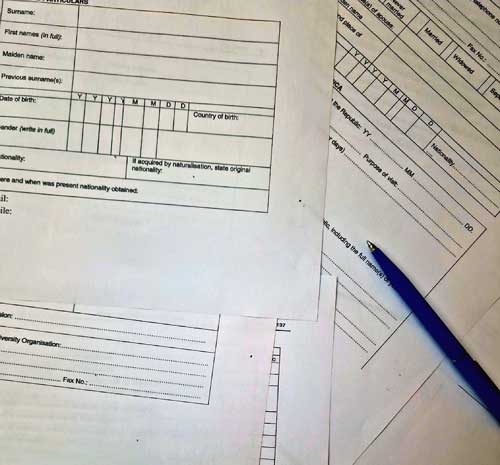
International Research Teams and Vis-aaaaaaaaaarghs
15 October 2023
A key focus in Ibali is how academics from different parts of the world research in different parts of the world. We are asking: how does our positionality shape how storytelling research is carried out, critiqued and taken forward in different contexts? This means that the team travel between Nigeria, South Africa and the UK.
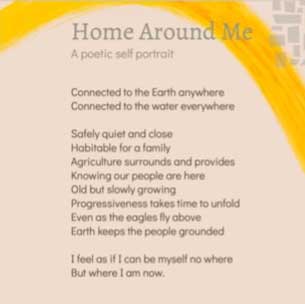
"It feels more real than the other activities we do": community-engaged storytelling with youths in the United States
5 October 2023
I am not a traditional scholar. As University of Minnesota Extension faculty, my role is to translate research into practical educational programs to address critical community needs and to study the impact of these programs.

Justice-Centred Storytelling and Research
11 August 2023
For this Ibali Knowledge Hub feature, we are excited to have engaged with Professor Anna CohenMiller. In this feature, she shared her work, ideas and insights with Dr Jennifer Agbaire and Dr Faith Mkwananzi. Anna specialises in arts-based research to facilitate and amplify voice of marginalised, overlooked/misheard, and colonised communities, focusing on guiding and empowering early career researchers and demystifying justice-centred research.
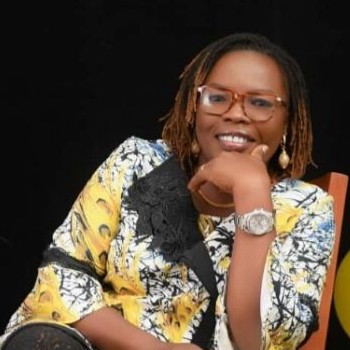
Storytelling Inside and Outside the Classroom – Reflections by Margaret Ismaila
4 August 2023
Storytelling has been a doorway to information, education, social development and moral ethics in my practice. I use storytelling as a means of engaging, entertaining and captivating my target audiences. Over the years it has been an effective approach in engaging with students in my lectures. Outside the classroom, it is useful during community outreach programmes and engaging with communities. Within the African context, where I work, I can delve into much more than just the narrative aspects of the craft, but also to tap into the unique aesthetics of African art.
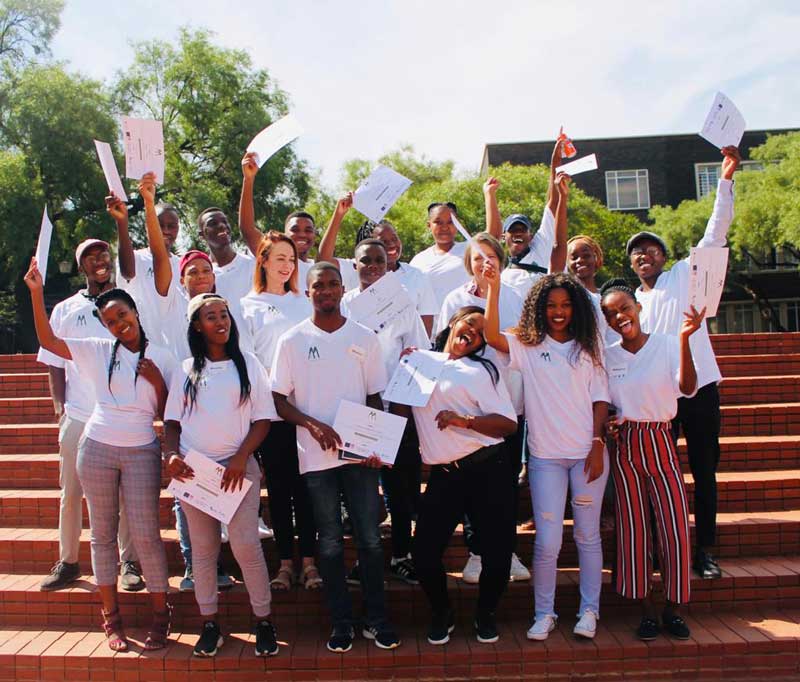
Shedding light on educational inclusion and exclusion through storytelling
27 July 2023
Ibali’s Faith Mkwananzi and Jennifer Agbaire had the opportunity to engage Mikateko Mathebula about the outstanding work she has been doing. Mikateko is Associate Professor at the Higher Education and Human Development Research Programme, at the University of the Free State, South Africa. Her work examines through a capabilities lens, the relationship between processes of higher education, ‘development’ and human flourishing in the South African context, with a focus on youth from low-income households and/or rural areas.
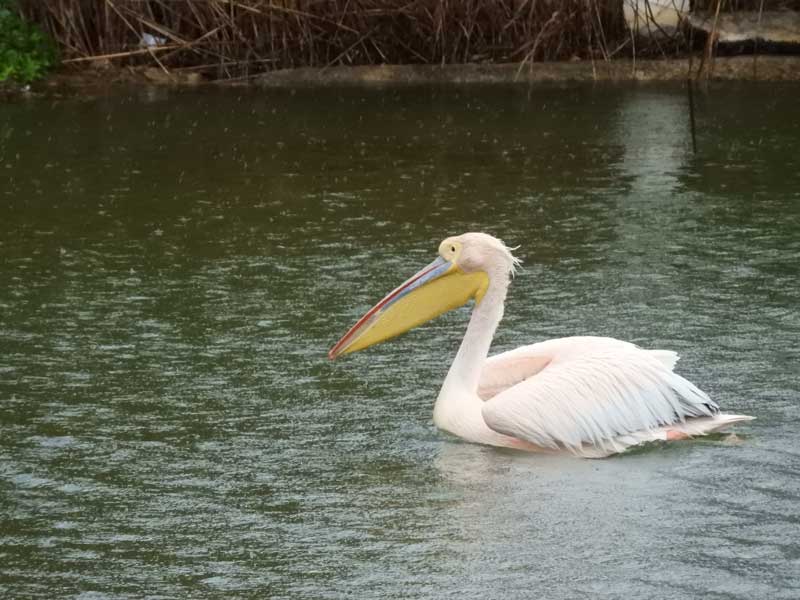
Empathy in facilitation
20 July 2023
Empathy is described as an emotional connection between people that is used to understand the experiences, thoughts and feelings of another as if you were “in their shoes”. I’ve always valued empathy as a way of softening myself towards others. It encourages reflexivity and patience. It moves me towards being non-judgemental and taking the lived experience of others in a serious and heartfelt way. For a very long time I did not see a fault with empathy. In fact, I tried my best to learn it better because it had a positive effect on my relationships.
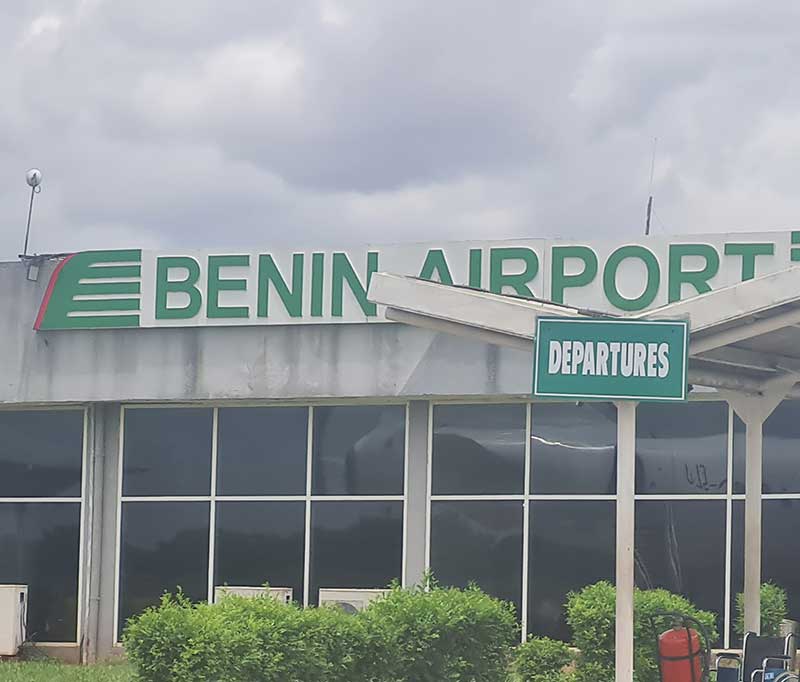
Naira, Naira: last stop, Benin City
6 July 2023
Movies we see on TV, the bikes, the traffic, the busy people each getting on their daily lives. The musicians we know, Burna Boy, Wizkid, Davido, and many more whose songs we only know… Then hearing about Egusi soup and jollof rice can only lead to wandering. Wondering about the atmosphere, the food, the music, the people, and a motorbike ride. So, a trip to Nigeria had always been something that we both had to tick off our bucket list at some point. The Ibali project storytelling fieldwork on educational inclusion with young people and teachers presented an opportunity to do so.
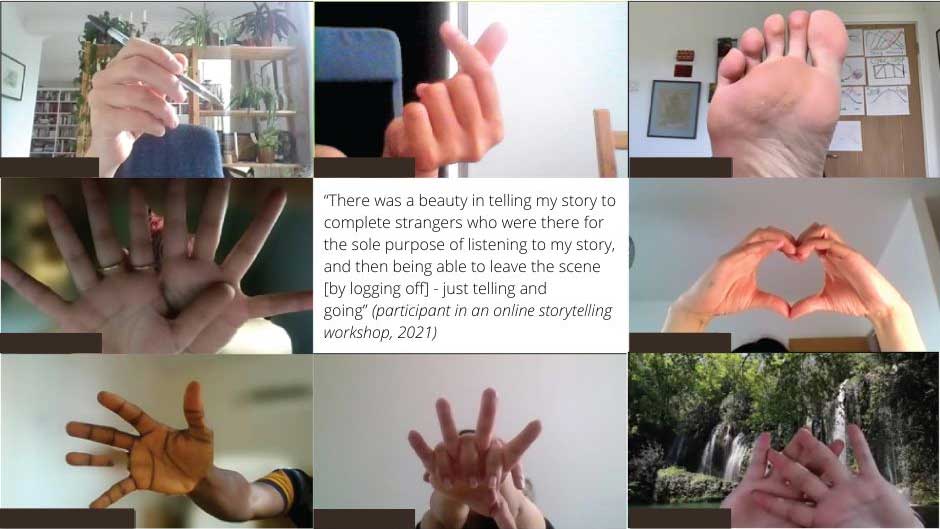
13 practical tips for online Storytelling workshops
8 June 2023
As storytelling research facilitators, we have supported hundreds of people to create and share their own stories across many different contexts over the past fifteen years. Our storytelling process has centred on face-to-face creative workshops. In these workshops, we relied on being physically close together (for example to perform drama or dance), and the ability to work with creative techniques such as drawing, collage, sculpting and making things with materials participants can touch.

Fictionalisation
17 May 2023
I had just finished giving a seminar about the ethical complexities of supervising doctoral researchers who were using narrative approaches. I had spoken very briefly about whether I was being unethical by suggesting to one researcher that she consider using fictionalisation to re-present some data that she had found troubling – a young participant in her research had spoken about the cruelty of one of his teachers.
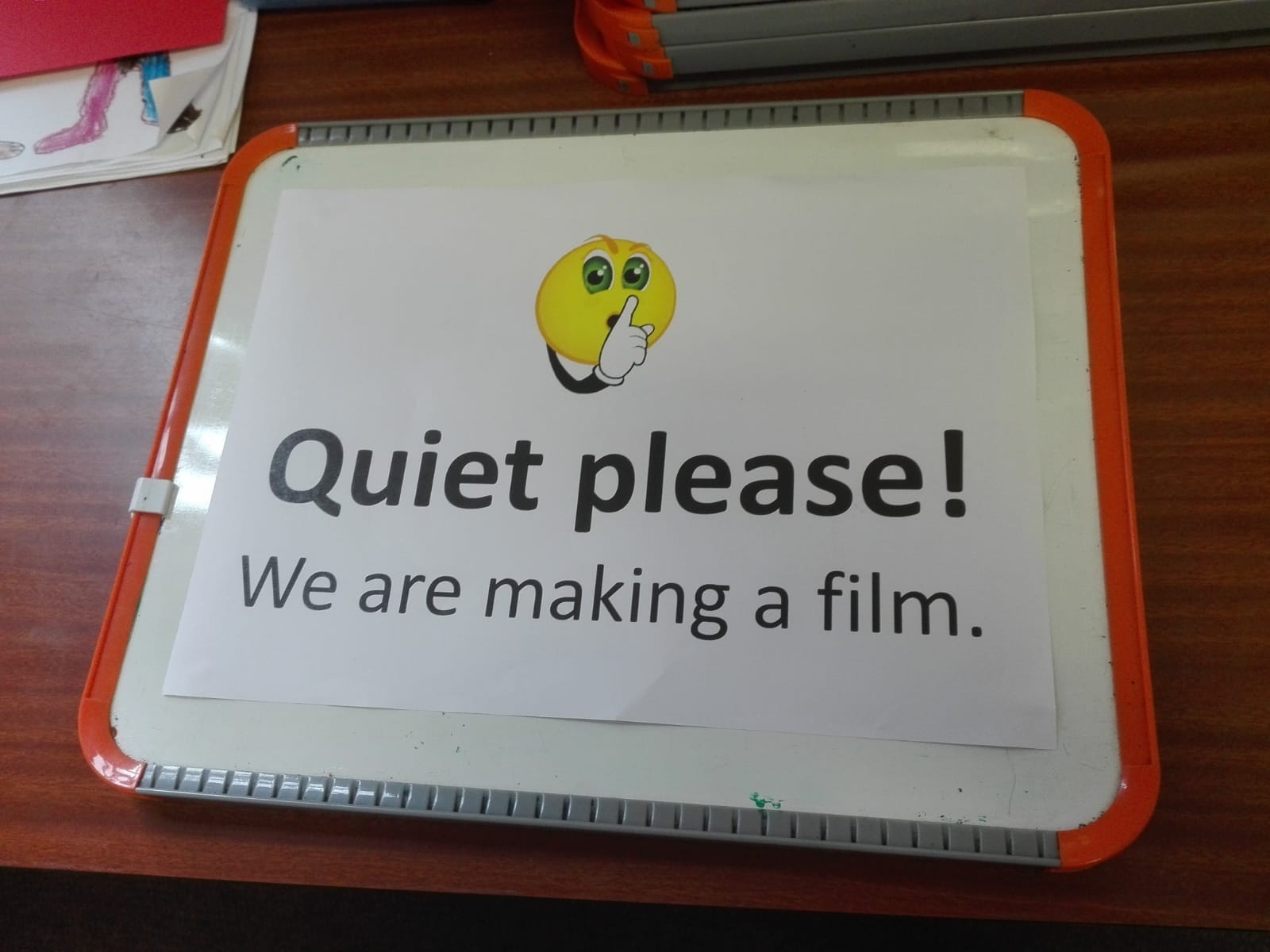
The eternal ups and downs of ‘doing’ Storytelling
6 April 2023
We present an exciting engagement with Dr Helen Hanna who has had a most interesting chat about storytelling with Dr Jennifer Agbaire for the Ibali project. Helen is a Lecturer in International Education at the University of Manchester. She is passionate about citizenship education, education rights, and educational inclusion, particularly of migrant learners and those from racial, ethnic and cultural minorities, as well as using creative visual methods.
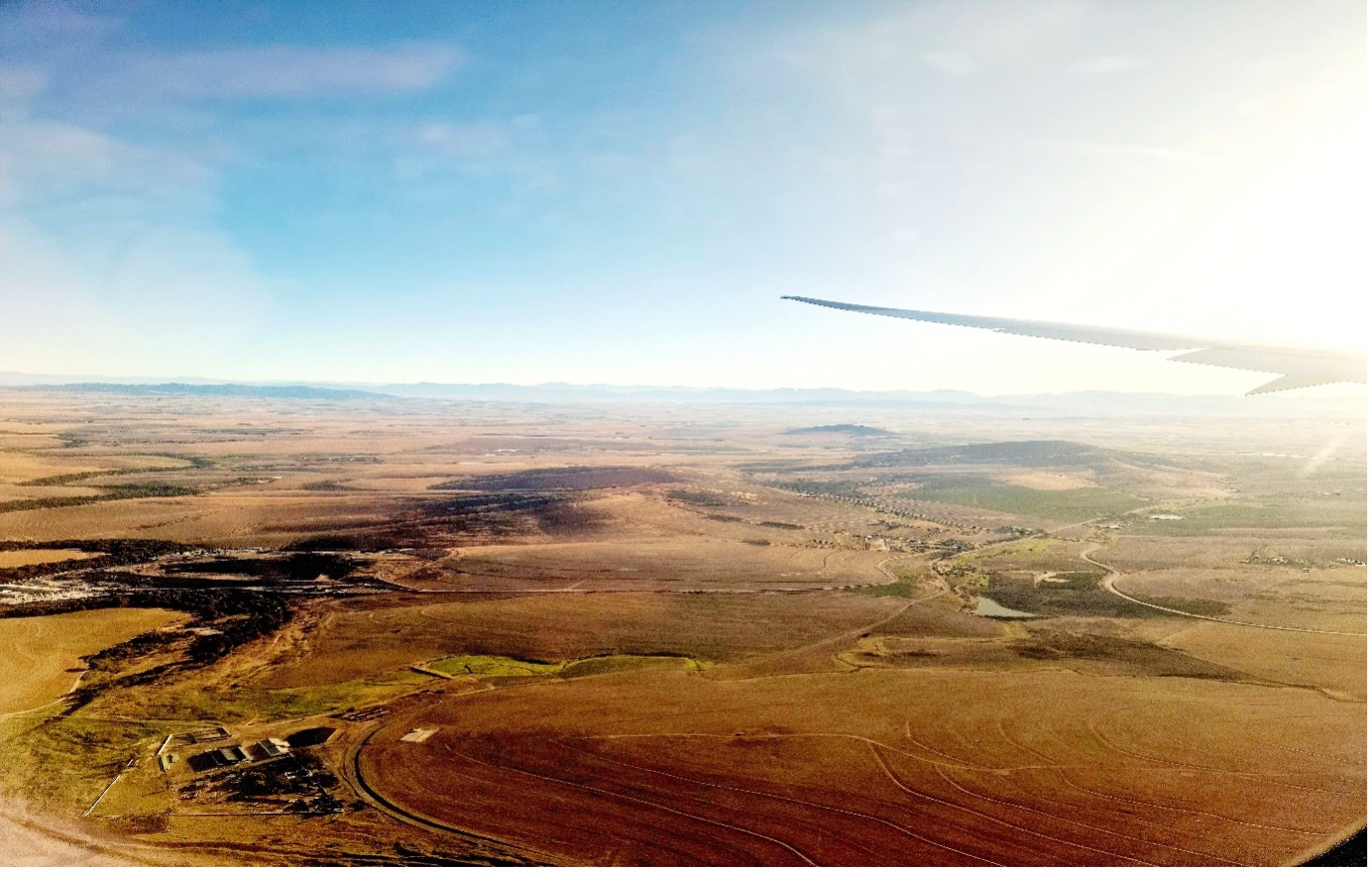
On ethically inclusive international research: whose values, whose standards?
3 April 2023
Ethical reviews for research involving human participants are instituted for good reason. A review is an important process to check that proposed research does not violate the dignity, rights and welfare of the participants. It protects researchers too; a well-structured review formally gives researchers opportunity and support to reflect deeply and respond robustly to the ethical dimensions and implications of their research proposal.
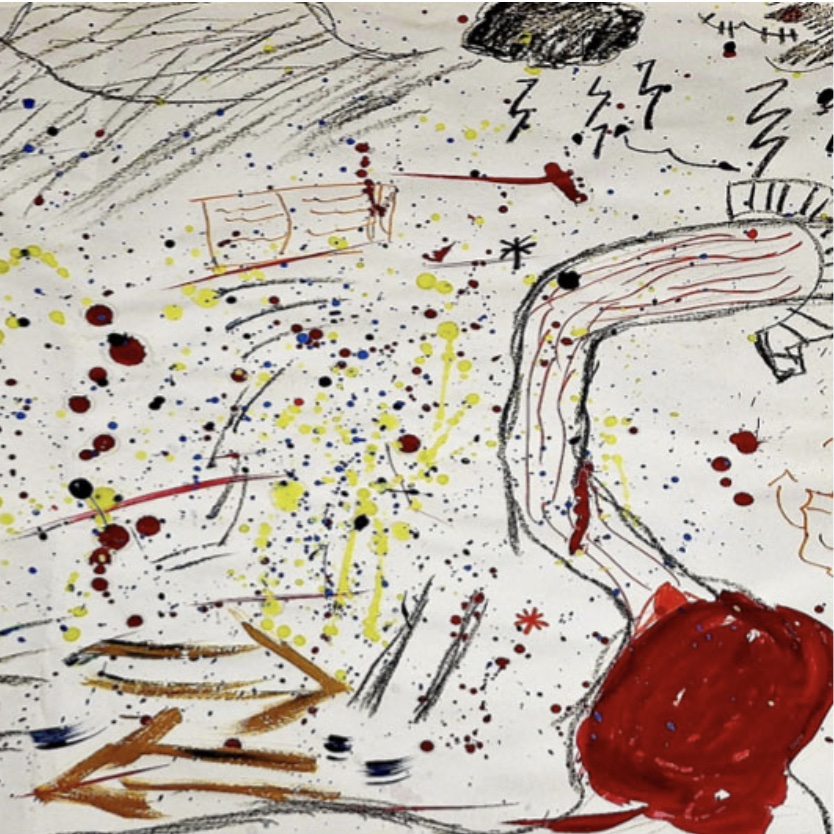
Ethical storytelling: another development buzzword or a real chance for change?
10 March 2023
There is growing attention in the development sector on how to improve the use of stories. Guides to make storytelling more ethical and responsible are proliferating. Recently, Degan Ali and Mary Ana McGlasson convened and launched a Pledge for Change with growing number of signatories from the development sector. The pledge includes a commitment to “authentic storytelling” in which “We will use our platforms to show people’s strength and amplify their stories by putting local people at the centre of the story.”
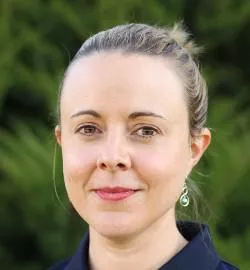
Storytelling Matters to Me
13 February 2023
We are so thrilled to have had the opportunity to chat with Dr Marguerite Muller who is very passionate about story and has published quite extensively around her storytelling work. Marguerite is a lecturer in the School of Education, Communication and Society at King’s College London, and a Research Fellow at the University of the Free State. She holds a BA in Fine Arts, a PGCE, a Master of Education, and a PhD in Higher Education studies.

Stories, Here I come again!
11 February 2023
Stories. I have always loved stories for as long as I can remember. When my late father noticed my fascination with stories, he ensured that I had a constant supply of books and newspapers to read. As a secondary school student, I would read novels in the days leading up to and during exams, rather than the academic materials that would be assessed.
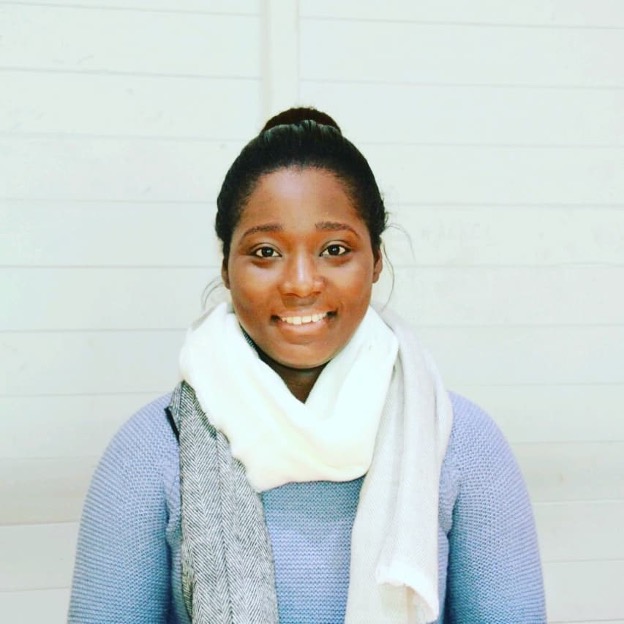
Sijuade Yusuf on Stories for Researching Feminism and Social Media in Nigeria
6 January 2023
Through the Ibali Knowledge Hub, we are sharing our thoughts, reflections and learnings while also showcasing the work and perspectives of people around the world who are using storytelling in various ways to research, teach, generate or communicate knowledge about complex social issues. In this feature, we hear from Sijuade Yusuf, a Doctoral Researcher in the School of Art and Media at the University of Brighton, UK.
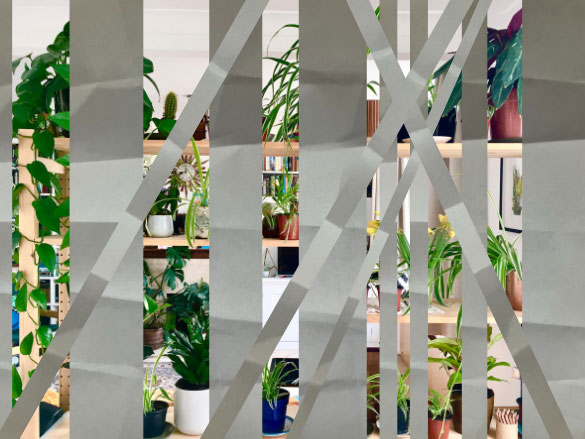
Researching in the Open: what this means to the Ibali team
29 November 2022
There is no space for storage in my home-office, a corner of the living room partitioned off by shelves of houseplants. Through the frame of the camera in work meetings it looks nice, tidy – calm, even: the greenery, the glimpse of bookshelves in the background. But unseen by colleagues, the floor is a bit chaotic.
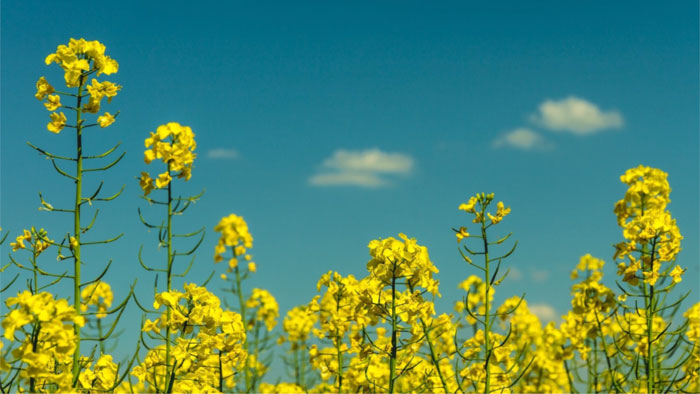
Ethnography off the record: Moments of Being
15 November 2023
The moment I first thought about ethnography and moments, I was making what you might call a field note. Technically, I wasn’t in the field; I was in a room in the Stuart Hall building on the Open University’s main campus.
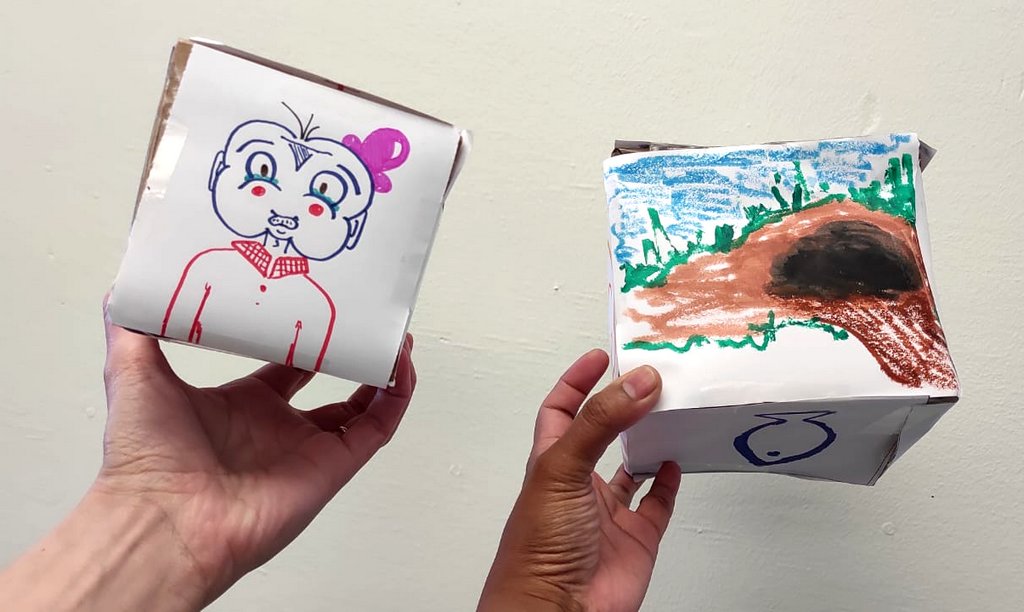
Ibali: co-creating learning spaces in and through storytelling research activities
18 October 2023
Using storytelling to understand how people make sense of their world is increasingly presented as a tool for providing richer insights into international education and development challenges.
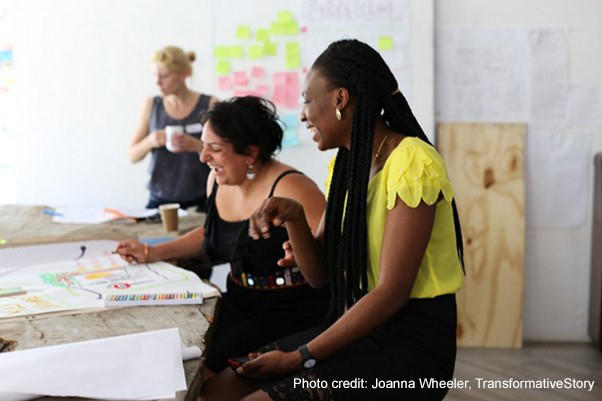
Storytelling research in international education and development: a resistance to, or reproduction of coloniality?
10 October 2023
Storytelling is gaining popularity as a methodology in the field of international education and development. It is seen to offer an antidote to modernist, big-data research that positions people at the centre of interventions as homogenous and, instead, connect the field with ‘real’ versions of people.
.jpg)
